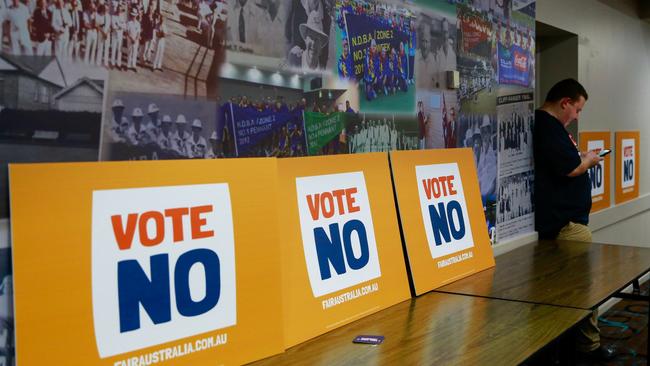
Say what you want about the constitutional implications – and I have said plenty. Sure, raise questions about whether the voice will change outcomes in the most disadvantaged communities; the Yes side has asserted it will, rather than explained how.
However, the biggest idea that demolishes the Yes case is one simple principle: in a healthy egalitarian democracy every one of us should be treated equally in the Constitution.
It doesn’t matter what sex we are, what religion we choose, our race, ethnicity or culture, where we came from, how long we have lived on this continent – we have the same vote in our system of government.
Australians may not rally in the streets to defend this principle, nor wear their egalitarian sentiments on their sleeve, let alone a T-shirt. But a constitutional change undermining this principle just won’t sit right with them.
That’s why the voice has tanked in the polls: it divides people into two different classes. Those who get access to special rights from this body called the voice. And the rest of the country who don’t. It really is that simple.
Chris Kenny says he winces at the claim that the voice will divide us by race. The mention of race bristles with me, too. I detest racial divides. It makes my skin crawl.
Unlike Kenny, I believe that getting rid of racial division is not done by entrenching a race-based body in the Constitution. It will focus our society on difference, on special rights accorded to one group, not on the unassailable principle of equality of citizenship.
The Yes side says the voice does not divide people by race; it is dividing people only by indigeneity. And how many angels can dance on the head of a pin? Outside the echo chamber of the Yes camp, this argument makes no sense.
The legal test to establish Aboriginal or Torres Strait Islander involves three criteria, one of which is being of Aboriginal or Torres Strait Islander descent. Even if you accept this tortured claim that the voice is not about race but about indigeneity, dividing people by indigeneity still divides Australian citizens into two groups with different constitutional rights.
There is a much deeper, more obvious flaw when people like Noel Pearson say the voice is not about race.
Many Yes activists have accused fellow Australians who disagree with a voice of being racists. Pearson wrote in this newspaper that some of our readers are “borderline casual racists”. It defies logic to say the voice proposal is not about race, and then to label people who disagree with the voice as racist.
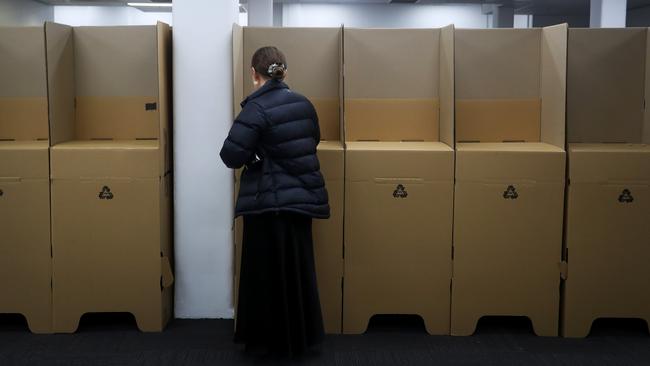
We are committed, as a society, to getting rid of racial discrimination in every corner where it might lurk. We have laws that rightly prohibit racial discrimination. We have signed international conventions devoted to the elimination of racial discrimination. We have a Race Commissioner, Chin Tan, and a National Anti-Racism Framework that, he says, will provide a central reference point for anti-racism measures to be undertaken by all sections of Australian society.
Doctors write research papers on the dire health impacts of racism on Indigenous people. The ABC lectures us about racism in the Australian community. The Diversity Council of Australia has written a report called Racism at Work.
Need I go on? The point is that an enlightened society is committed to getting rid of this scourge where one group of people is treated differently because of their race. We have laws that make it a crime to incite violence against a person on the basis of their race. Section 93Z of the NSW Crimes Act defines race to include colour, nationality, descent and ethnic, ethno-religious or national origin.
Frankly, it is demented for the Yes side to say the voice is not a race-based body – and in the same breath label critics as racist.
What has made this period so draining, so utterly disappointing and soul destroying is to see so many very smart people I once admired greatly put forward arguments that are ludicrous. They twist themselves into these tricky knots, rely on emotion and lie because they have a dreadful product. Their moral stomping only emphasises this point.
I would never question their moral convictions, though this is what they have done to people like me who will vote No on Saturday. I question their product and their tactics only.
Do they imagine that Australians are too stupid to see the flaws of this big change to our Constitution? Do they think that intimidation will reach into the privacy of the voting booth? We shall see.
With these levels of disrespect and over-reach before this new body is entrenched in the Constitution, what do these same people have in store for the country if the referendum is successful? Will we see moralising and bullying on steroids? Will we be accused of being racist if we disagree with a demand from the voice?
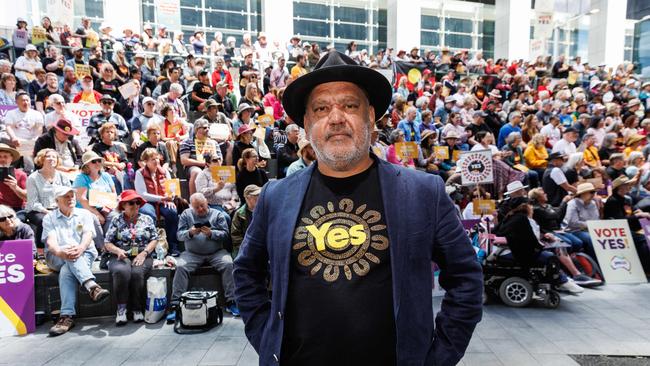
Our aim should be to expunge racism wherever it is. To do that, we also need to ensure that we have a powerful word that carries the full force of shame and condemnation that real racists deserve.
The misuse of this word, racist, can lead only to it losing its power as a label to shame and condemn behaviour that is anathema in a liberal democracy.
I have no intention to misuse this awful word, enough people are doing that. Still, I listen to some of the claims about white people, the vitriol, the derision and disrespect emanating from some parts of the Yes side, and can’t help wondering whether there is a strain of racism, or something similarly ugly, among some of its proponents.
It’s a question. I hope the answer is no. But it is not the case that only white people can be racists.
The latest Newspoll points to a further slide in the Yes vote among the last demographic bastion of support for this constitutional change.
For the first time more young people aged 18 to 34 say they intend to vote No than those who say they will vote Yes. And the most common reason for opposing the voice is that this new constitutional provision favours one group of Australians over another.
We have spent decades trying to reach a point where no part of our society accords a higher level of citizenship to people by race, or sex, or creed. This voice model tramples on that work.
Remember, too, that over the millennia of human existence equality is the exception, existing for a nanosecond in this grand sweep of our history. It has come about after gruesome wars, a monumental battle of ideas, inspiring civil rights campaigns and people entrenching equality in our laws, in our workplaces, schools and in our Constitution. We have come so far on the back of our belief in this empowering, unifying idea.
How can we, as a society, be confident that this brilliant human project of equality will continue – and it is just a project, one that relies on our belief in it to survive and thrive – if we now create a piece of constitutional architecture where one group has a different set of constitutional rights over the rest of the country?




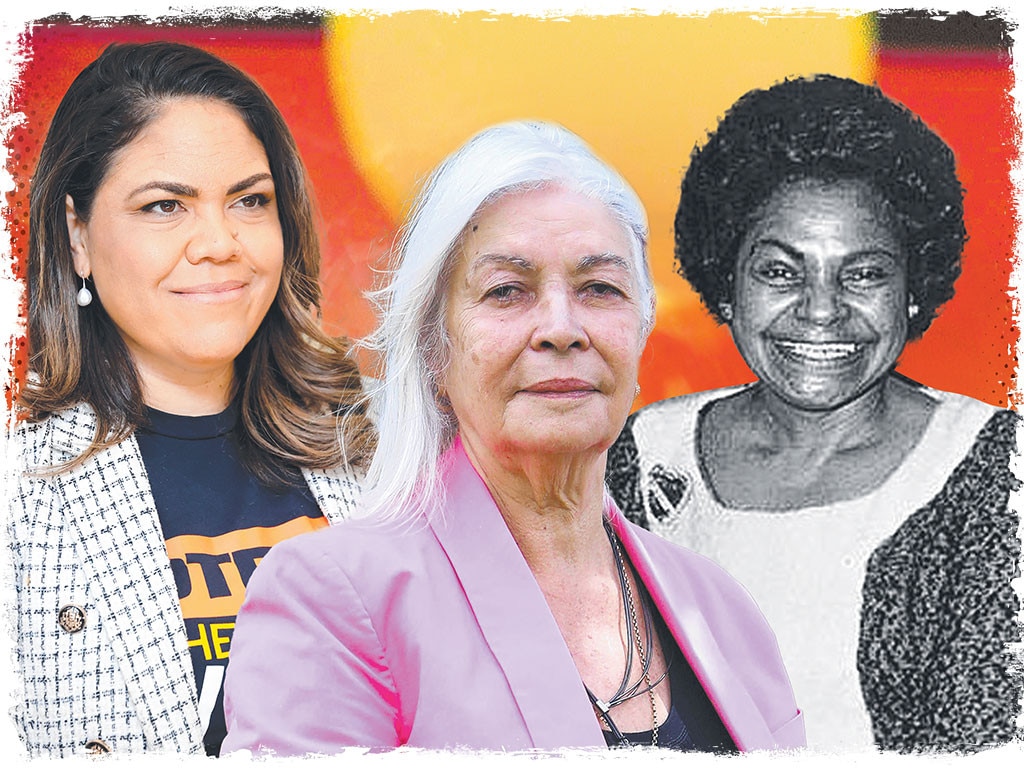
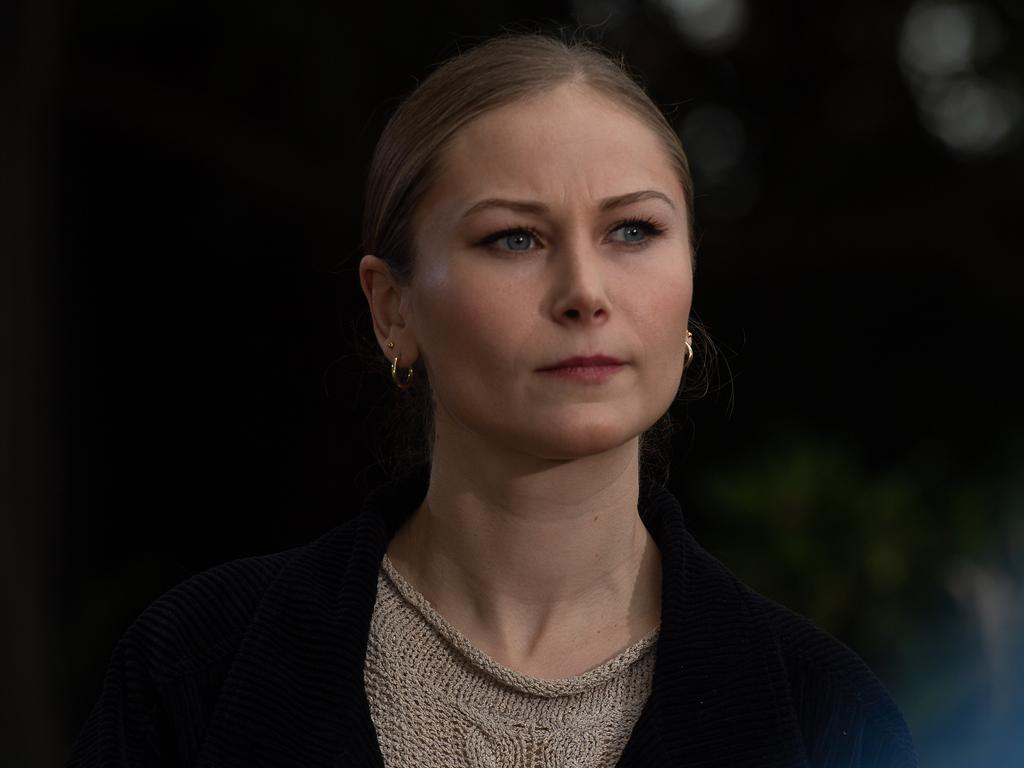


If the referendum fails, equality will be the single idea that did most to defeat the proposal to set up a race-based body in the Constitution with special rights not accorded to non-Indigenous Australians.